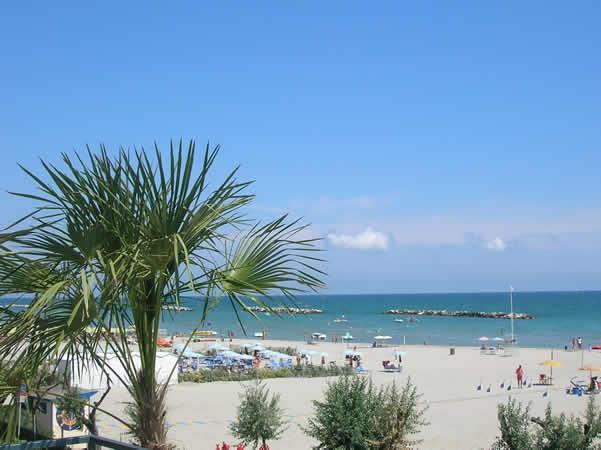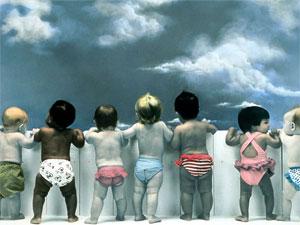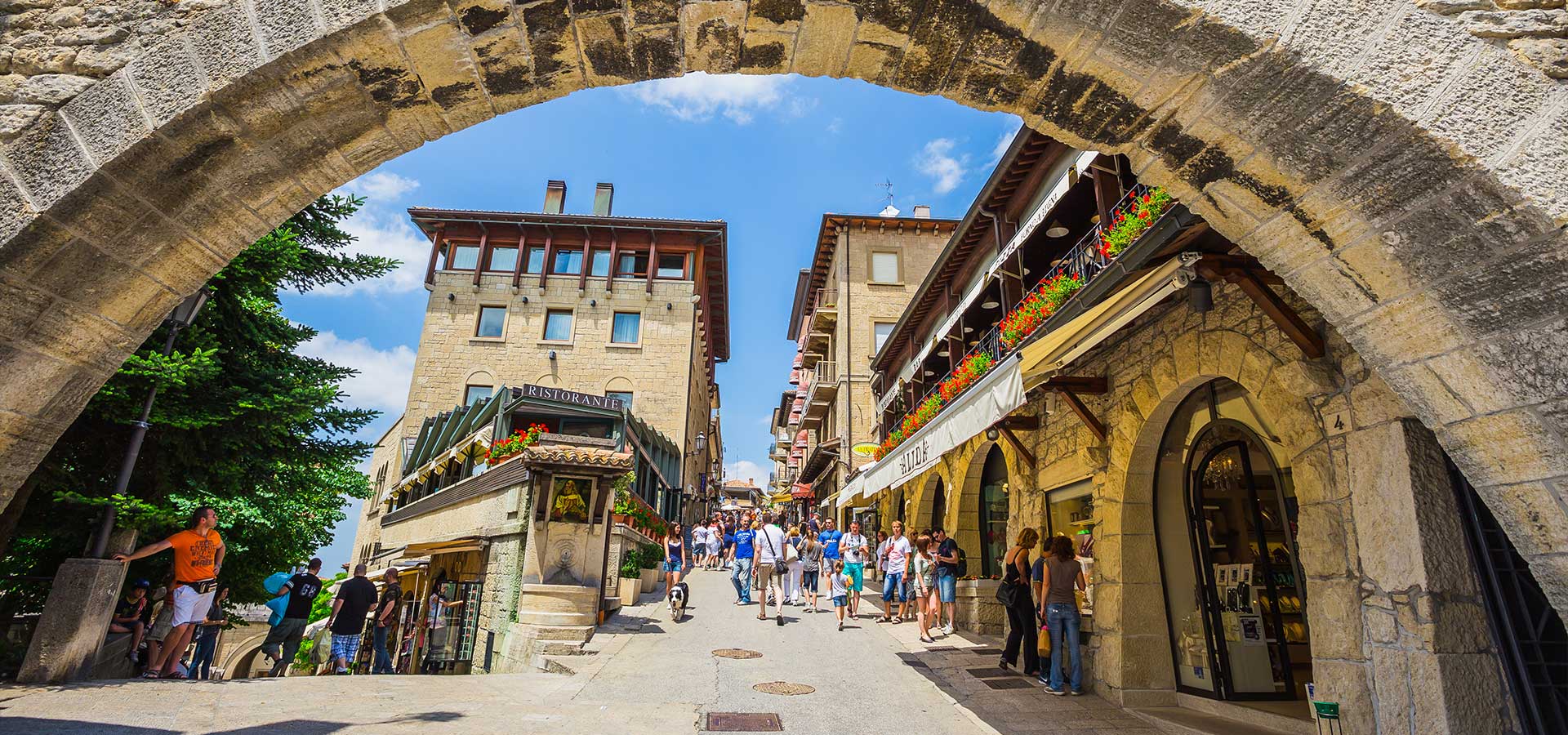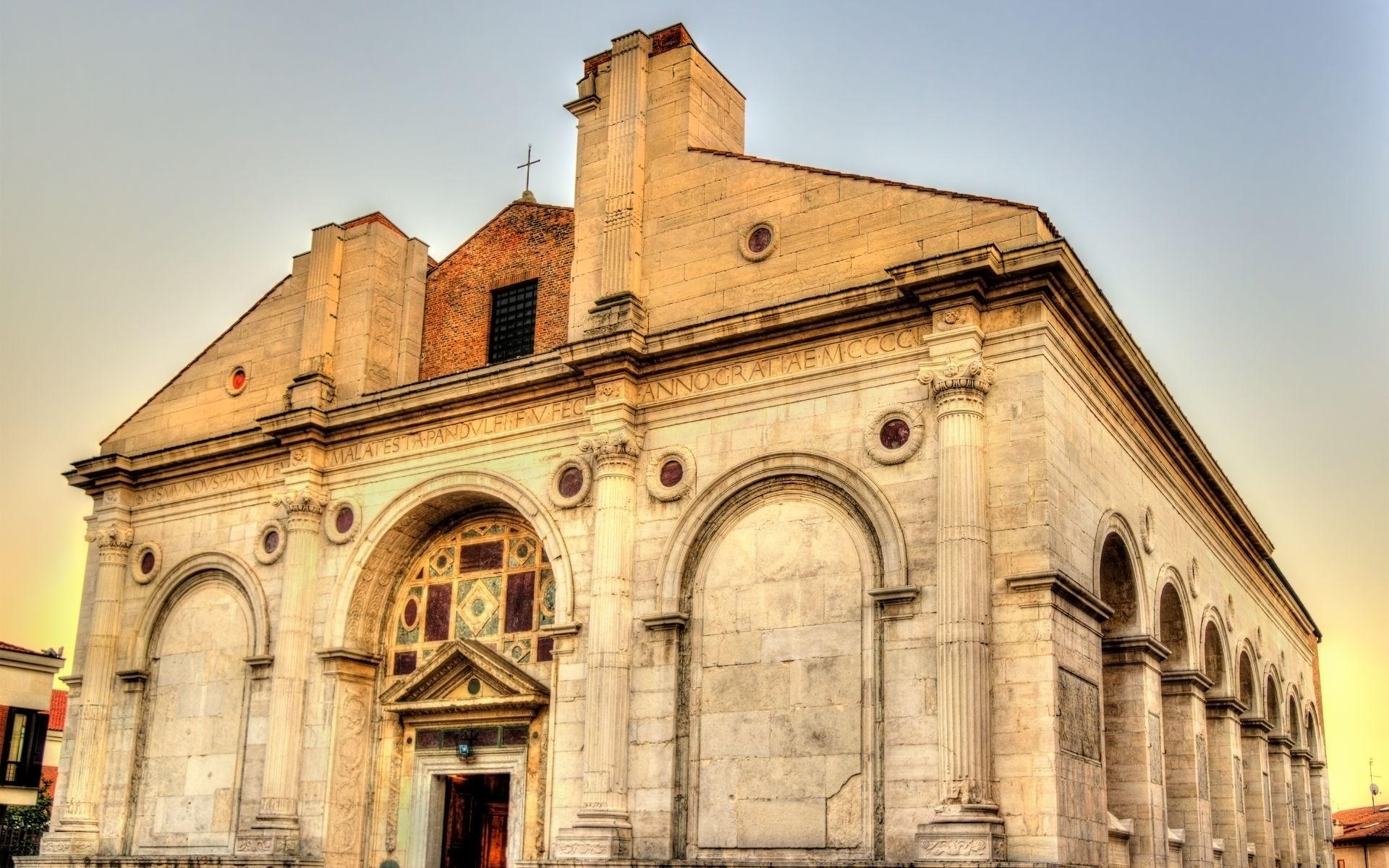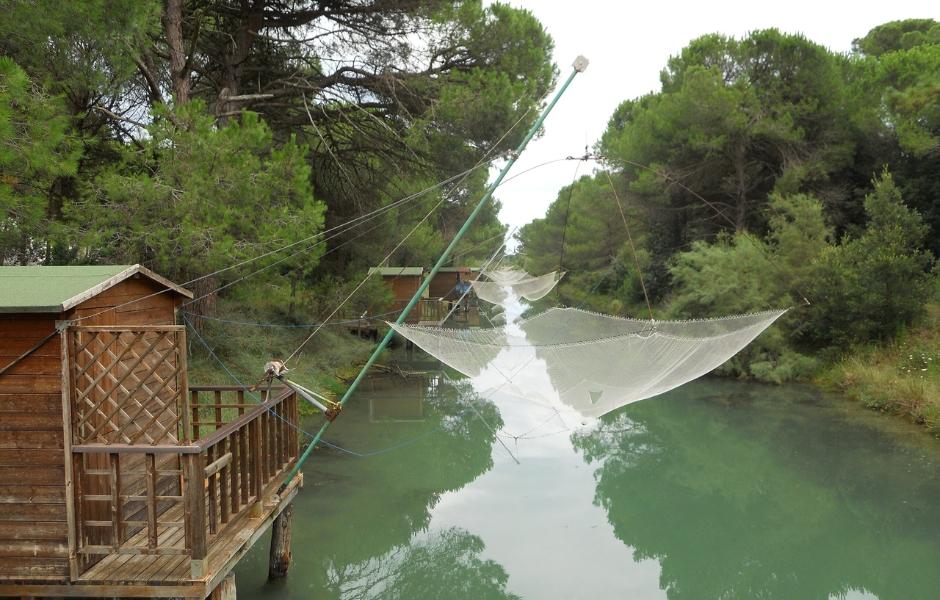Rimini, with its long beaches, intense nightlife and rich historical heritage, has played a significant role in the history of Italian cinema. This town on the Riviera Romagnola has inspired numerous directors and has served as the backdrop for films that have marked different eras of cinema. Let's see together how it has featured on the big screen and which films have been shot in this evocative location!
The beginnings: Fellini and Neorealism
Federico Fellinione of Italy's greatest directors, is born in Rimini in 1920. Although many of his most famous films were not shot directly in the city, it strongly influenced his work.
In "Amarcord"(1973), Fellini recalls his youth through a series of surreal and nostalgic episodes. The film, although shot largely in Cinecittà, is a celebration of the Rimini in the 1930s, with its eccentric characters and magical atmospheres.
The 1960s and 1970s: 'La Dolce Vita' and the economic boom
In the 1960s and 1970s, during the economic boom, Rimini became a symbol of the 'Dolce Vita'. Italian, attracting directors who wanted to capture the essence of the social and cultural change of the country. Films such as 'Fellini's Roma' (1972) and 'I Vitelloni' (1953) present influences and references to the city, even though they were not entirely filmed there.
During this period, Rimini saw an explosion in popularity as a tourist destination: its beaches were crowded with Italians and foreigners in search of sun, sea and fun. This tourism boom not only transformed the local economy, but also influenced culture and artmaking Rimini a kind of microcosm of a rapidly changing Italy.
The city also became a stage for cultural and social events. Festivals, concerts and events attracted a diverse audience, from celebrities to ordinary tourists. This joyful and cosmopolitan atmosphere caused Rimini was seen as a symbol of modernity and progress, perfectly representing the optimism and vitality of post-war Italy.
In addition, the cinema of the time reflected this transformation. Directors various, just like the native Federico Fellini, used the cinema for exploring social change e cultural of Italy. Although 'I Vitelloni' is set in a small town representing Rimini, the film captures the essence of provincial youth and inactivity, themes that resonate with the experience of many young Italians of the time.
Rimini, therefore, was not only a physical backdrop, but also a symbol of the broader changes crossing the company Italian. The films shot or inspired by this city reflect an era of great transformation and create a bridge between Italy's rural past and modern future.
Contemporary Cinema: New Directors, New Perspectives
In last decadesRimini continued to be attractive for cinema. Contemporary directors have chosen the city for its unique atmosphere and its ability to evoke both modernity and tradition.
A significant example is 'Rimini Rimini' (1987), an episodic film that explores the adventures and misadventures of various characters during a summer holiday. Directed by Sergio Corbucci and others, the film is a comedy that reflects the liveliness and lightness of summer life in Rimini.
In addition to 'Rimini Rimini', there are others films that have used the town as a backdrop for their stories. 'The Last Summer' (2009), directed by Eleonora Giorgi, tells the story of a family spending their last summer together in their beach house in Rimini before it is sold. This film captures the nostalgic essence of the city and the passage of time.
Another example is 'Love and the underworld' (2017), by Manetti Bros. Although most of the film is set in Naples, some crucial scenes are shot in Rimini, using its beach and festive atmosphere as a contrast to the film's noir plot.
Rimini continues to inspire not only Italian cinema, but also international productions. Its combination of natural beauty, historic architecture and lively nightlife offers a rich canvas for directors from all over the world. Independent films e larger productions find in Rimini an environment that can represent a variety of emotions and stories, from the light comedies at profound dramas.
As the film scene continues to evolve, Rimini remains a reference point for contemporary cinema. The city, with its mix of old and new, offers an endless source of inspiration, continuing to be a cultural and artistic crossroads where stories and dreams come to life on the big screen.
Films Filmed in Rimini
Here are some of the best-known films shot in Rimini:
- Fellini's Roma (1972)
- Amarcord (1973)
- Rimini Rimini (1987)
- The Last Summer (2009)
- Paparazzi (1998)
- Abbronzatissimi (1991)
- Zero to Ten (2002)
- The Beauty of the Ass (2010)
- The Last Days of Humanity (2009)
- The Big Heart of Girls (2011)
- Summer is ending' (2013)
What film was shot at the Grand Hotel in Rimini?
The Grand Hotel in Rimini is an iconic place that has inspired and hosted several productions films. One of the most famous films shot at the Grand Hotel in Rimini is 'Amarcord' (1973) by Federico Fellini.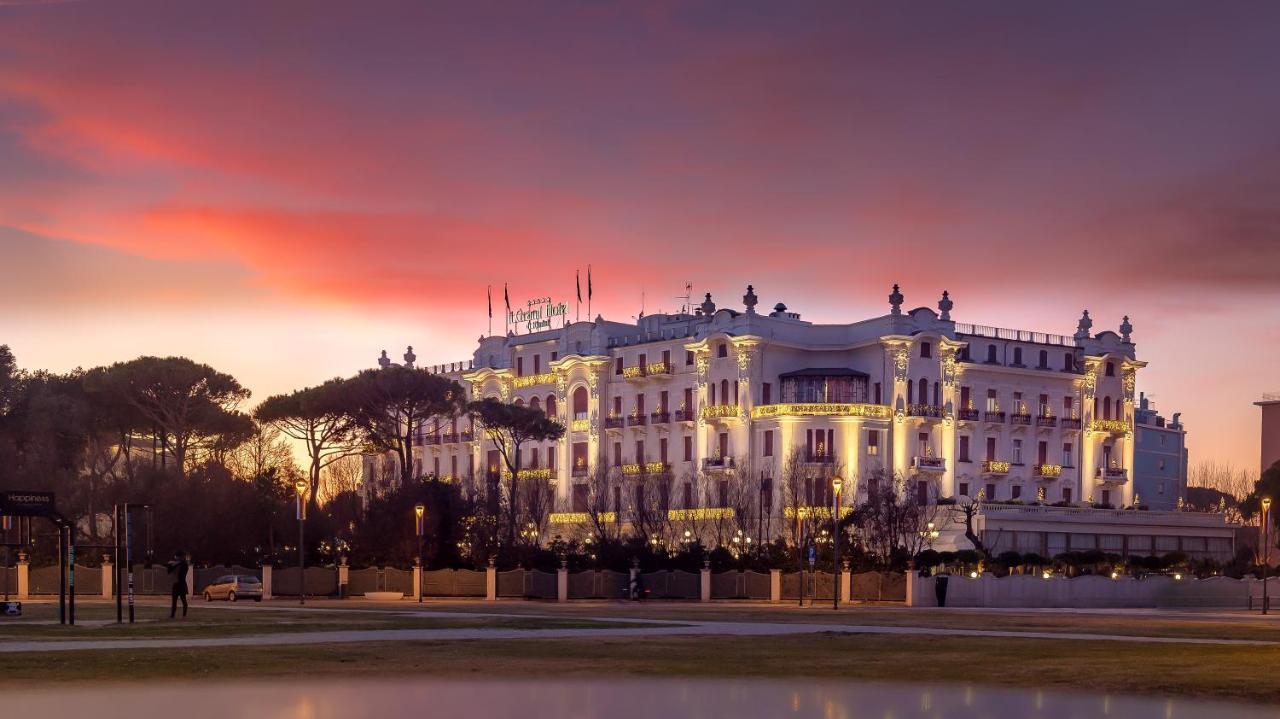
"Amarcord" (1973) by Federico Fellini
Amarcordwhich in the Romagnolo dialect means 'I remember', is a semi-autobiographical film recalling youth by Fellini in his hometown of Rimini. Although many scenes of the film were shot in the Cinecittà studios, the Grand Hotel in Rimini is present in the film as a place of dream and fantasy. Fellini, in fact, had a special bond with this hotel, which for him represented a symbol of luxury and worldliness during his childhood. The Grand Hotel thus becomes a recurring symbol in his memories and films, evoking atmospheres of elegance and nostalgia.
Other films
Although 'Amarcord' is the best known, the Grand Hotel in Rimini has also appeared in other film and television productions, exploiting its timeless charm and historic architecture. However, no other film has captured the essence and importance of the Grand Hotel in Rimini as Fellini did in 'Amarcord'.
A Symbol of Cinema
The Grand Hotel in Rimini is not only a film set, but a true cultural symbol. Its presence in Fellini's films has made it an icon of Italian cinema, representing a place of memories, dreams and fantasy that continues to fascinate filmmakers and spectators all over the world.
Rimini and the Future of Cinema
Rimini continues to be a place of inspiration for filmmakers. Its unique combination of natural beauty, historical architecture and contemporary life makes it a location ideal to tell stories ranging from magical realism to human drama.
In addition, the city hosts numerous events films, such as the "Rimini Film Festival"which celebrate cinema and attract emerging talents from all over the world. These events not only promote Rimini as a film destination, but also help to keep the tradition of cinema alive.
Conclusion
The history of cinema in Rimini is a fascinating journey that intertwines reality and dreams. From Fellini's memories to summer comedies and contemporary films, Rimini has offered and continues to offer an inspiring stage for the world of cinema. With its ability to evoke emotions and tell universal stories, Rimini remains an iconic and timeless place in the seventh art.

